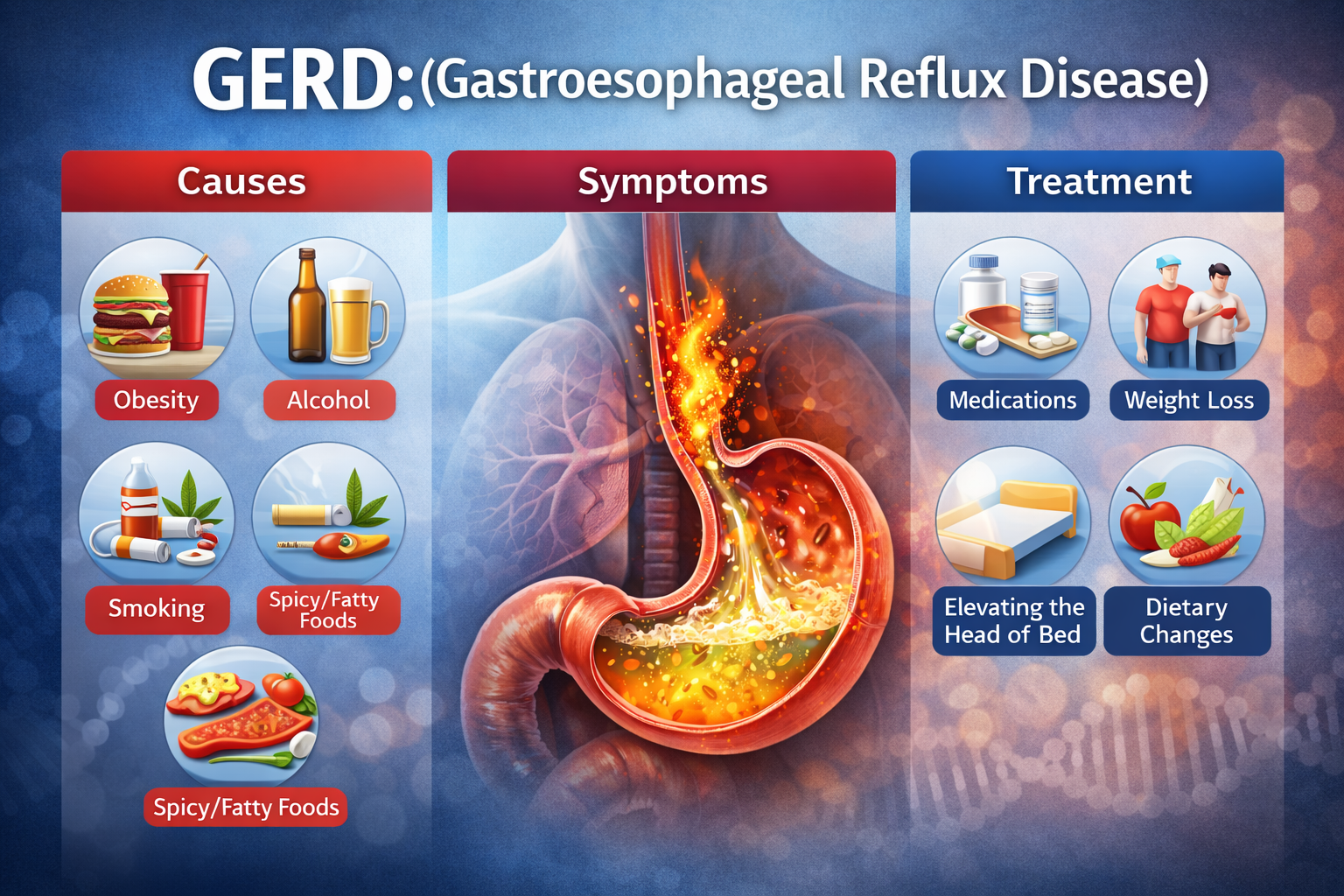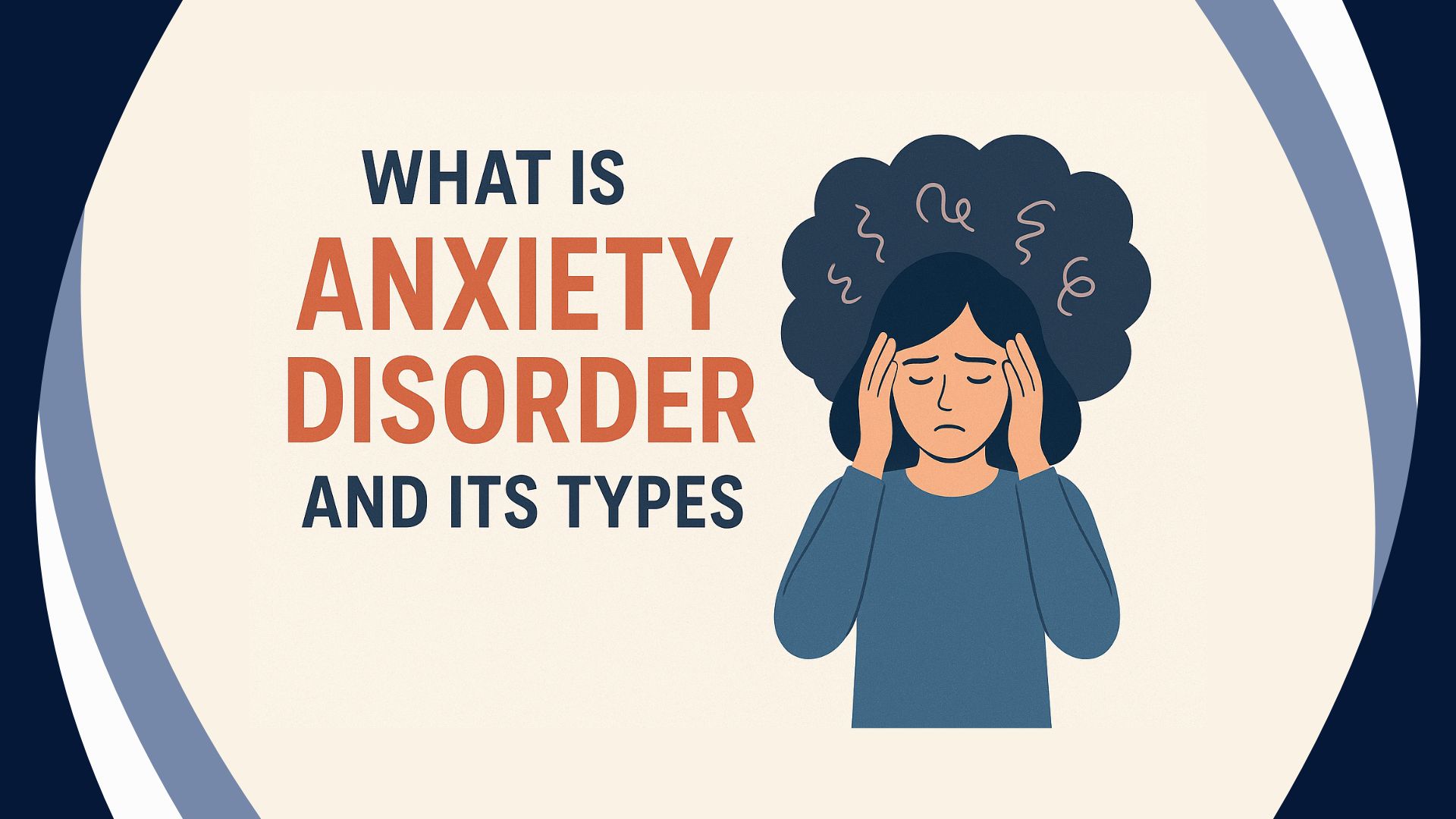Hepatitis

What is Hepatitis?
Hepatitis is a common liver condition that results from inflammation of the liver. This disease can affect liver function, causing a range of symptoms and potentially leading to more serious complications if left untreated. Understanding the different types of liver condition, its causes, symptoms, and available treatments can help you prevent and manage this liver disease effectively.
Types of Hepatitis
- Hepatitis A: This form is usually transmitted through contaminated food or water and is preventable through vaccination.
- Hepatitis B: Spread through blood, sexual contact, or from mother to child during childbirth, hepatitis B can become chronic if not properly treated.
- Hepatitis C: Primarily spread through blood-to-blood contact, hepatitis C can lead to chronic liver inflammation and severe liver damage over time.
Causes of Hepatitis
Several factors contribute to the development of hepatitis:
- Viral infections: The most common cause, with hepatitis A, hepatitis B, and hepatitis C being the main viral types.
- Alcohol and toxins: Excessive alcohol consumption can lead to alcoholic hepatitis, damaging liver cells and causing inflammation.
- Autoimmune disorders: Sometimes the immune system mistakenly attacks liver cells, leading to autoimmune hepatitis.
Risk Factors for Hepatitis
Anyone can get hepatitis, but certain factors increase the risk:
- Sharing needles or using unsterilized equipment
- Unsafe sexual practices
- Exposure to contaminated food or water
- Traveling to areas with poor sanitation
- Heavy alcohol consumption
Symptoms of Hepatitis
The symptoms of Hepatitis can vary depending on the type and whether the infection is acute or chronic. Common symptoms include:
- Fatigue
- Loss of appetite
- Nausea and vomiting
- Jaundice (yellowing of the skin and eyes)
- Dark urine
- Abdominal pain
In some cases, individuals may not show any symptoms, especially in chronic cases of hepatitis C, where the disease may go undetected for years.
How to Diagnose
Diagnosing hepatitis typically involves a combination of blood tests, liver function tests, and imaging studies. These tests help determine the type of hepatitis you have and the extent of liver damage. In some cases, a liver biopsy may be performed to assess the severity of liver inflammation.
Treatment Options for Hepatitis
The treatment for hepatitis depends on the type and severity of the infection:
- Hepatitis A: This usually resolves on its own without specific treatment. Rest, hydration, and proper nutrition are recommended.
- Hepatitis B: Antiviral medications are often used to treat chronic hepatitis B and prevent liver damage.
- Hepatitis C: Antiviral drugs are highly effective in curing hepatitis C in most cases.
For individuals with severe liver damage, such as cirrhosis or liver failure, a liver transplant may be necessary.
Preventing Hepatitis
Preventing hepatitis involves taking proactive measures to protect yourself from infection. Here are some effective ways to reduce your risk:
- Get vaccinated: Vaccines are available for both hepatitis A and hepatitis B.
- Practice safe hygiene: Wash your hands regularly, especially before eating or handling food.
- Avoid sharing needles or personal items: This can help prevent hepatitis B and hepatitis C transmission.
- Use protection during sexual activity: Safe sex practices lower the risk of contracting hepatitis B.
Lifestyle Changes For Prevention
Making certain lifestyle changes can also protect your liver and reduce the risk of hepatitis. Limiting alcohol intake, eating a balanced diet, and maintaining a healthy weight are all essential steps to promoting liver health.
The Long-Term Effects of Hepatitis
If left untreated, chronic hepatitis can lead to severe complications, including:
- Liver cirrhosis: Scarring of the liver tissue that impairs liver function.
- Liver cancer: Chronic hepatitis B and hepatitis C are known risk factors for liver cancer.
- Liver failure: When the liver is no longer able to function properly, leading to life-threatening conditions.
Conclusion
Hepatitis is a serious condition that affects the liver and can lead to significant health problems if untreated. Understanding the types of hepatitis, its causes, and how to prevent infection is essential for maintaining liver health. By getting vaccinated, adopting safer practices, and seeking early treatment, you can manage hepatitis and protect your liver for the long term.
4oproperly.







